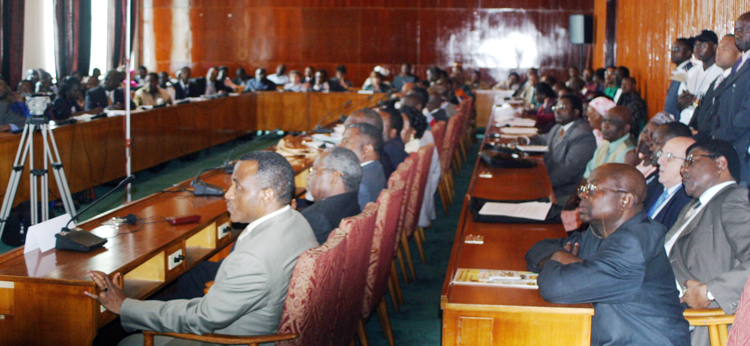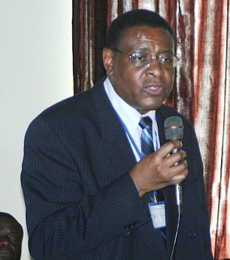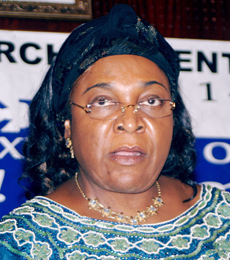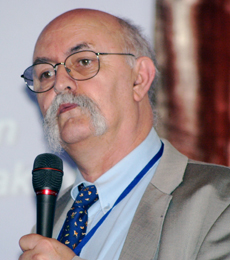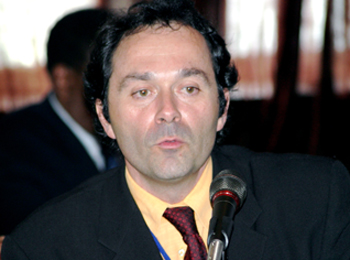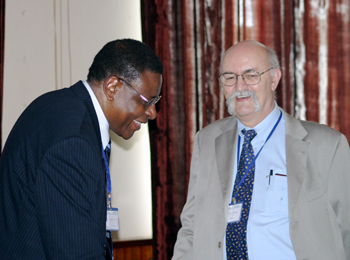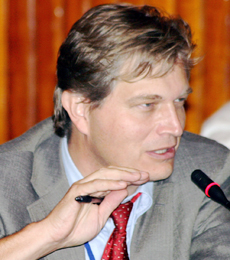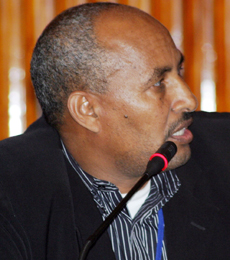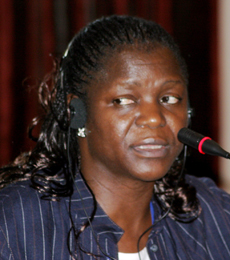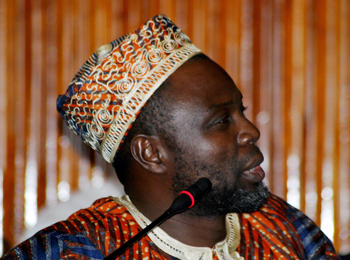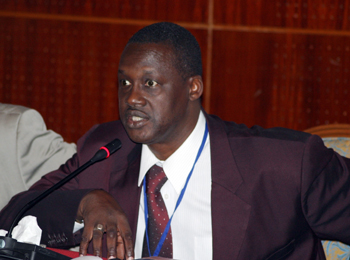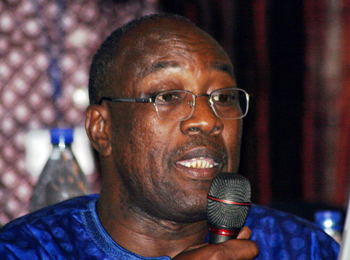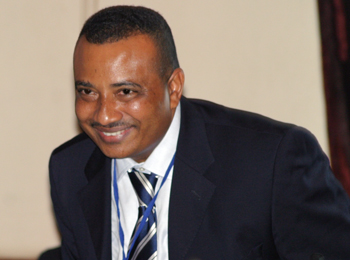Highlights for Thursday, 1 March 2007
The African Regional Consultation of the Consultative Process Towards an International Mechanism of Scientific Expertise on Biodiversity (IMoSEB) opened on 1 March 2007, at the Palais de Congrés, in Yaoundé, Cameroon. More than 70 experts and officials from the African region, and delegates from donor countries, international organizations and the science community attended the first day of the meeting. The opening session, chaired by Madeleine Tchuente, Minister for Scientific Research and Innovation, Cameroon, consisted of a panel of Amb. Georges Serre (France), Elvis Ngolle Ngolle, Minister for Fauna and Flora, Cameroon, and Jo Mulongoy, Convention on Biological Diversity (CBD) Secretariat. In his opening address, Mulongoy reflected on how an IMoSEB mechanism can contribute towards achieving the 2010 challenge of significantly reducing biodiversity loss through the provision of appropriate information to facilitate policy formulation and decision-making. Participants met in a plenary roundtable session chaired by Chimère Diaw, Centre for International Forestry Research (CIFOR), throughout the day. During the roundtable discussions, participants heard presentations on the IMoSEB Consultative Process from Jaques Weber, IMoSEB Consultative Process Executive Committee and Didier Babin, Executive Secretary of the IMoSEB Consultative Process and France’s National Focal Point for the CBD’s Subsidiary Body on Scientific, Technical and Technological Advice (SBSTTA), and made preliminary comments on the process.
Presentations were made on decision-making on biodiversity in Africa by Felix Dakouo, Mali Ministry for the Environment and Sanitation, and Jean-Claude Nguinguiri, International Tropical Timber Organization (ITTO), Gabon. Following further roundtable discussion, a final presentation was made by Chimère Diaw on the recommendations made by the participants of a workshop on the “Design of science-policy interfaces for global biodiversity governance” held in Liepzig, Germany. Chair Diaw concluded by explaining that participants would convene in three working groups on Friday morning, to consider the following themes: needs and options for an IMoSEB; African expertise/regional identity; and potential end-users.


